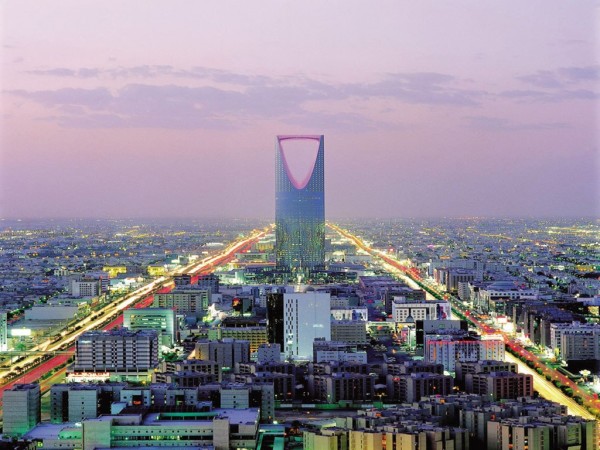
Silicon Valley’s eye is now well and truly on Saudi Arabia.
The Wall Street Journal reported that state-owned oil firm Saudi Aramco and Google’s parent company, Alphabet, are in talks to build a “large technology hub” that could see Alphabet help the firm to build data centres across the country.
Irrespective of whether the project comes to fruition, the news, at the very least, represents another PR coup for the Kingdom.
The October announcement that the country would build a $500 billion technology-driven mega-city by 2030 certainly turned heads; and, in recent weeks, Saudi Arabia has continued to grab tech headlines that should translate into genuine homegrown progress.
Meanwhile, the $45 billion that the country’s Public Investment Fund has poured into SoftBank’s Vision Fund has already been put to good use, with the Japanese firm making a range of striking investments in artificial intelligence and robotics firms as well as purchasing a 15% stake in Uber.
Now, the world’s biggest tech firms are beginning to make progress in the country a top priority.
Saudi Arabia’s General Investment Authority has reportedly been in talks with Apple and Amazon about the firms establishing presences in the Kingdom, with an Apple retail outlet expected to be announced this month. The Wall Street Journal has also claimed Amazon is on the verge of announcing a $1 billion investment in three new data centres in the Kingdom.
The key figure behind this flurry is, of course, the country’s Crown Prince Mohammed bin Salman. He is said to be playing a key part in the negotiations with Alphabet, and has been pivotal in the country’s transformation over the past 18 months, when the country’s sweeping Vision 2030 reforms were announced.
The crown prince clearly appreciates the need to change international perceptions of the Kingdom. What better way to do it than through selling the prospect of the world’s biggest oil exporter becoming a digitally driven force for change with a young population at its helm?
The tech world never stops harping on about millennials, and Saudi Arabia is full of them – 50% of the country’s 27 million people younger than 25.
Changing perceptions of the country – and the Middle East – across the industry is needed. Speak to any bipartisan American tech executive visiting today, and they will tell you what people In Silicon Valley really think.
Although GCC residents know different, to most people in the Valley, the Middle East and North Africa is still considered to be politically unstable, and a risky prospect when it comes to investment and new ventures.
The headlines generated by Alphabet, Amazon and Apple – not to mention NEOM – are a huge step in the right direction in changing that perception.
It’s also significant that Saudi Arabia is the GCC power now making these headlines.
The UAE is generally considered a safer bet for the world’s biggest tech companies. They habitually choose Dubai Internet City as their regional HQ, and with good reason.
The city represents the Middle East’s main economic hub across a range of industries, has a free zone culture that enables more transparent business operations, and is renowned for its high standard of living.
Let’s not get carried away – it will take time for Saudi Arabia to catch up with the UAE in terms of its technological development.
Nonetheless, there is no denying the potential for the balance of power within the regional tech industry to shift to Riyadh in the next 10 to 15 years.
KSA’s crown prince knows that change won’t come overnight, but with the kind of thinking that is behind the Alphabet proposition, it won’t be long before the Kingdom’s potential for tech transformation is unleashed.





